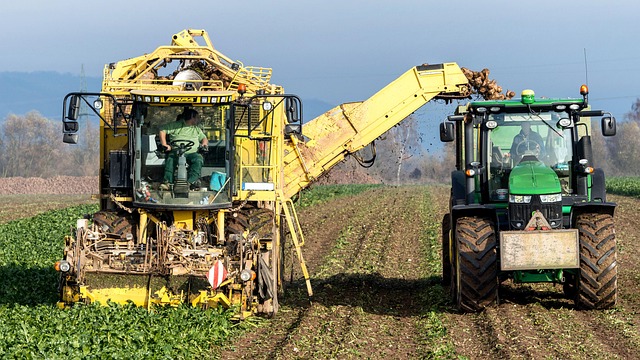In the ever-evolving conversation around sustainability and environmental preservation, one often overlooked yet vital process is biological decomposition. This natural phenomenon serves as a remarkable bridge between life and death, facilitating the cycles of nutrients and energy that sustain our ecosystems. As we strive to promote sustainable development, understanding the role of biological decomposition can help us reduce our ecological footprint and foster a healthier planet.
Biological decomposition is the process through which organic materials, such as fallen leaves, animal remains, and food waste, are broken down by microorganisms, fungi, and other decomposers. This process not only recycles nutrients back into the soil but also contributes to the balance of our ecological systems. When we embrace this cycle, we recognize how interconnected life truly is, and how every element plays a crucial role in maintaining environmental health.
In our modern world, where the pace of life often detaches us from these essential ecological processes, integrating green technologies can help us reconnect. Innovations such as composting systems, biodegradable materials, and waste-to-energy technologies harness the power of biological decomposition to transform organic waste into valuable resources. By investing in these technologies, we can promote sustainable development, reduce landfill waste, and lower our carbon emissions, ultimately working toward a more carbon neutral society.
Moreover, understanding our ecological footprint is crucial for empowering individuals and communities to act. By recognizing the impact of our consumption habits on biological decomposition, we can make more informed choices. Simple actions, like composting kitchen scraps or supporting local farms practicing sustainable agriculture, can have a profound cumulative effect. Every small step contributes to a larger movement, helping to alleviate the pressures we place on our environment.
Encouraging ways to facilitate biological decomposition in urban settings is increasingly important. Initiatives like community gardens and green spaces not only beautify neighborhoods but also promote biodiversity and enhance air quality. These spaces become vital platforms for education and collaboration, allowing individuals to engage with ecological cycles and understand the broader implications of their actions.
In summary, recognizing the significance of biological decomposition in the ecological cycle can catalyze change towards sustainable development. By promoting practices that honor this natural process, we can collectively work towards diminishing our ecological footprint, adopting greener technologies, and striving for a carbon neutral world. Embracing the essence of decomposition invites us to see waste not as an end, but as an opportunity for regeneration and growth.




